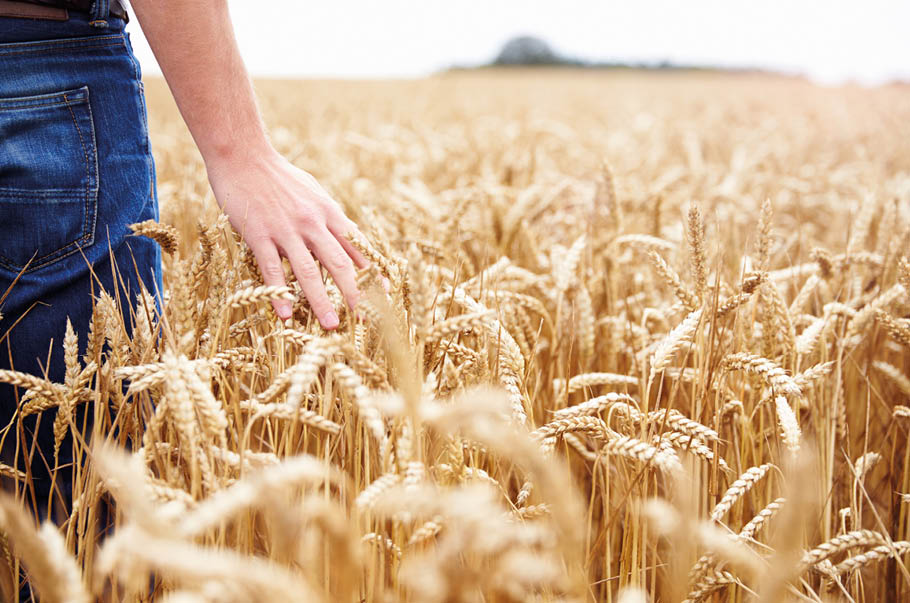Ecological food has become one of the most promising and promoted brands, regardless of its place of origin. It is a well-known fact that the Polish ecological market has increased 3 times in the last 7 years. This trend is also reflected in the growing number of Polish ecological producers participating at international fairs and entering foreign markets. The target group of Polish ecological products consists of the most demanding consumers in the EU, America, Asia and the Middle East. As health awareness is rising globally, it is predicted that such exports will grow even more dynamically in the upcoming years.
However, it should be emphasized that the high quality of Polish food is not attributable to certified ecological products only. Polish conventional agriculture is, for all means and purposes, practically ecological, making little use of plant protection chemicals or artificial fertilizers. Polish food products meet the needs of world consumers thanks to the natural ingredients of these products, their nutritional value and their high quality confirmed by strict inspection systems. Those attributes, combined with promotional efforts, are the reasons for the continuous growth of Polish agri-food export, which has been on the increase since Poland’s accession to the EU in 2004 and has risen sixfold since that time. In 2017, Polish agri-food export broke an all-time record and amounted to EUR 27 billion, and analysts do not predict that this growth will stop anytime soon.
As the main Polish institution dedicated to agri-food export support, the National Support Centre for Agriculture (KOWR) contributes to raising awareness of Polish food as a brand and to fostering trade co-operation in the agri-food sector. KOWR’s core goal is to stimulate the demand for Polish agri-food products by means of international promotion, which falls within the scope of WTO „green box” agricultural support measures. KOWR challenges fixed consumption models to give room for new products from Poland, but – at the same time – it conducts an on-going analysis of the always-changing market conditions so as to meet the preferences and needs of global markets. Its targets include countries that are already participating in the global agri-food sector as well as countries that might be perceived as demanding yet present great potential for trade relations. For instance, this year’s promotion plan includes countries that are facing demographic challenges and tackling food security issues, such as Algeria, Nigeria and Kenya.
KOWR carries out a number of promotion activities, such as organizing economic missions and study visits in Poland and abroad, facilitating contacts between Polish and foreign companies, and organizing national stands during trade events in various world regions. In 2017, we were present in 13 countries, having organized 15 economic missions of Polish entrepreneurs and 15 national stands. This year we have extended our promotion schedule to 30 countries in total, some of which we have never visited before. It best illustrates the widening perspective of Polish producers and the changing dynamics of Polish agri-food promotional activities.
Jarosław Ołowski,
Director Department
of Export Support,
National Support Centre for Agriculture
Anna Artemiuk,
Specialist in the Department of Export Support,
National Support Centre for Agriculture












